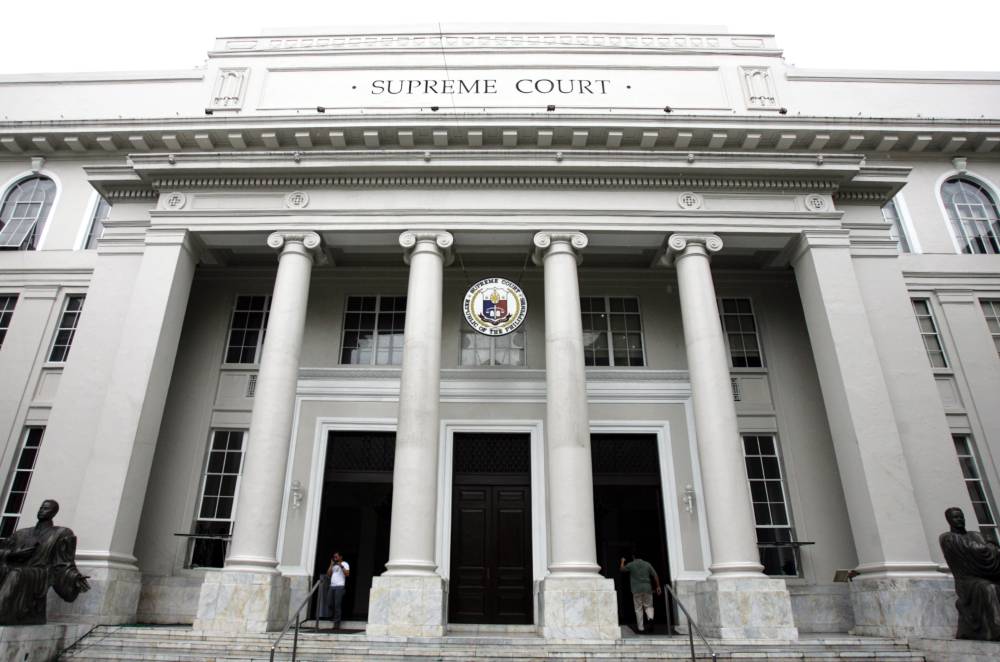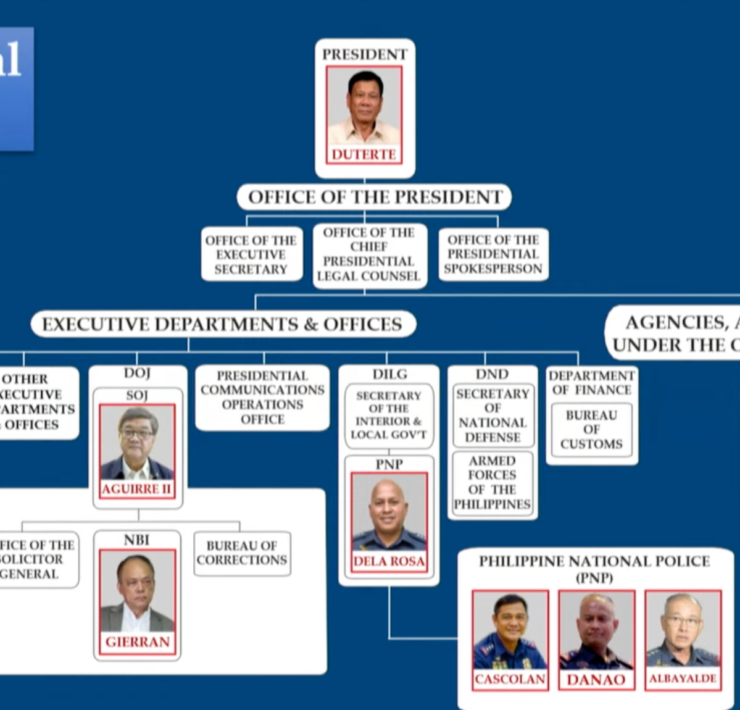Supreme Court sides with employee in ‘illegal dismissal’ case

Demotion, verbal abuse or any act by an employer that creates “unbearable working conditions” and eventually forces an employee to resign constitutes “constructive illegal dismissal,” according to the Supreme Court.
In a decision dated April 3 and made public through a statement on Friday, the Supreme Court reversed a 2020 decision by the Court of Appeals and ruled in favor of Jonathan Dy Chua Bartolome, a former employee of Toyota Quezon Avenue Inc. (TQAI).
In 2016, Bartolome filed a complaint for constructive illegal dismissal against the company and four of its officials. The National Labor Relations Commission ruled in his favor but the appellate court later sided with the company.
Bartolome was hired as a marketing professional trainee in 2009 and was regularized the next year.
In October 2015, he was given a notice by the company’s human resources department for habitual absences, and a second notice the following month for the same offense. A third offense later earned him a seven-day suspension.
‘Undue harassment’
In January 2016, which would turn out to be his last year in the company, Bartolome brought a “lawyer-sibling” who acted as his counsel in a meeting with management.
This provoked the branch president into making “unsavory remarks” against Bartolome, including comments about his parents and whether he was a “spoiled’’ child, the Supreme Court said.
From that time on until his resignation took effect on April 30, Bartolome would find his sales accounts taken away from him “without any explanation,” until he was transferred to another unit.
He was also given a lower evaluation, was forced to accept “changes in his performance bonus” and was issued a memo for failing to meet his sales quota.
After giving his resignation letter, “he was treated like a stranger-criminal and was subjected to undue harassment” when he tried to process his clearance, the high court said.
His last compensation also “did not include his 13th month pay nor his earned commissions,” the court said.
‘Hostile behavior’
In its decision reversing the CA ruling, the high court said “actions demonstrating extreme dislike and hostile behavior, such as demotion, uttering insulting words, and apathetic behavior toward an employee, constitute constructive illegal dismissal when such actions cause the employment conditions to be so unbearable that there is no other choice but to resign.”
“The Court found that the actions of TQAI’s senior officials towards Bartolome demonstrated extreme dislike and hostile behavior. These actions collectively indicated that they were pushing Bartolome out, leaving him with no choice but to resign from his employment,” the Supreme Court said in Friday’s statement.
It added that “Bartolome would not have intended to resign from the company without TQAI officials’ hostile actions.”
The Inquirer sought the company’s comment but it had yet to respond as of this writing.





















